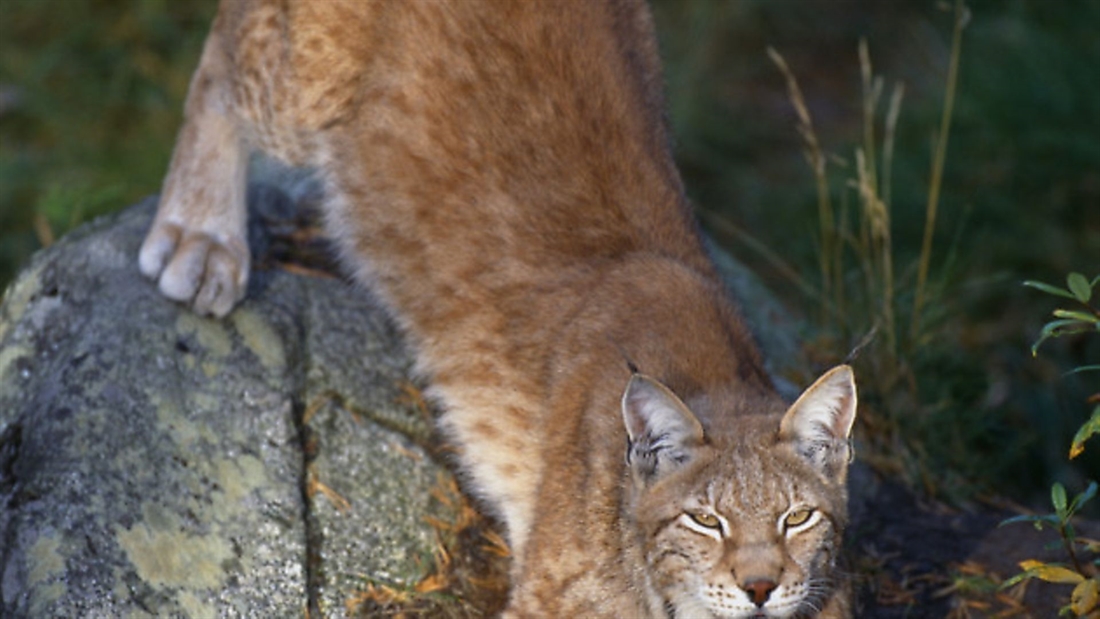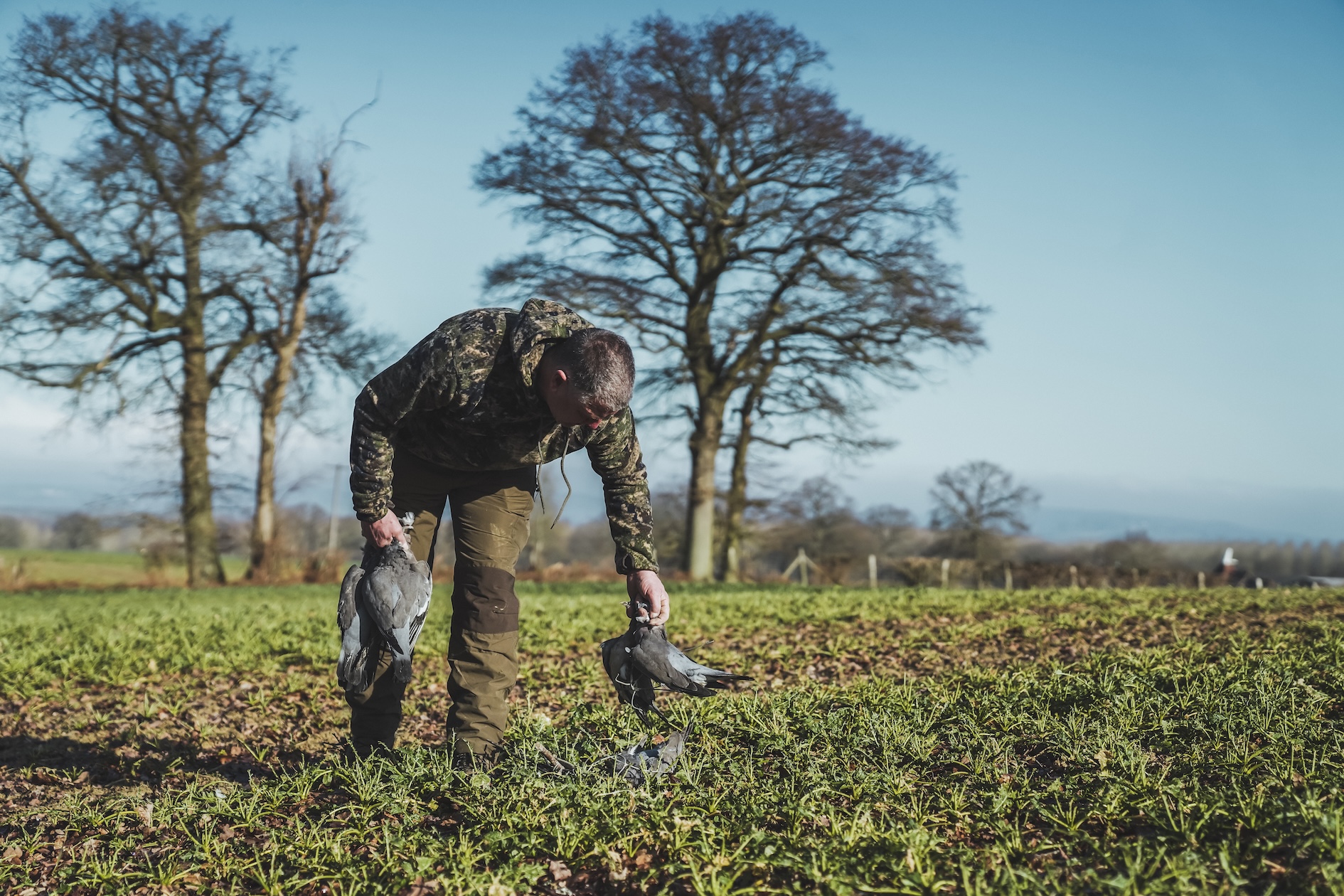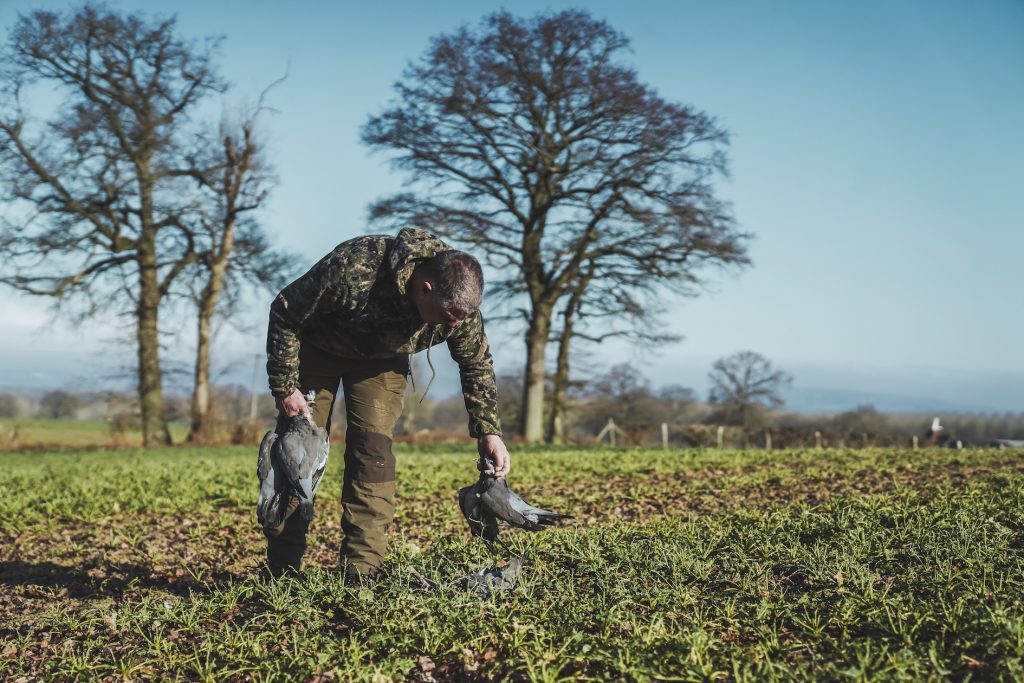★ Win a Schöffel Country shooting coat for everyone in your syndicate worth up to £6,000! Enter here ★
Releasing lynx back into UK

There is a lot of talk regarding releasing lynx into the UK at the moment. Do you think that they could become a common sight over here, and what do you think their impact might be on our wildlife?
THE SPARSHOLT TEAM replies: Lynx, about the size of a Labrador but incredibly secretive, would probably never become a common sight – even those who live in countries where they are relatively numerous seldom report actually seeing them. The real issue is how they will adapt to UK conditions as most lynx research comes from mainland Europe where, for the most part, conditions are very different and there is little or no release of pheasants from pens in the English style.
Most apex predators, particularly cats, tend to be lazy; they do not want to expend more energy than they need to even when hunting, so release pens will probably become an attractive food source. Although lynx regularly kill deer, adults of the larger species would almost certainly be safe from them. In Sweden, where small game is less numerous than here, studies found roe deer to make up the main part of their diet, and it is the roe which will probably suffer most from the attentions of this ambush predator rather than the far too numerous muntjac and fallow that really need controlling. Scientists are unable to produce hard proof that lynx would predate successfully on the latter two species; fallow are too large and muntjac too secretive.
As the UK has a greater density of smaller woodland game species than exists in much of Europe, it is probably these, including hares, pheasants and other ground nesting birds, along with the roe that will suffer the depredations of lynx before they feel it necessary to expend energy hunting larger or more difficult prey.
Related Articles
Get the latest news delivered direct to your door
Subscribe to Sporting Gun
Subscribe to Sporting Gun magazine and immerse yourself in the world of clay, game and rough shooting. As the leading monthly publication for passionate shooters at all levels, Sporting Gun delivers expert advice, practical tips and in-depth reviews to enhance your skills and enjoyment of the sport.
With features ranging from gundog training to pigeon shooting, and wildfowling to equipment recommendations, you’ll gain valuable insights from professional shooters and industry experts. A subscription not only saves you money on the cover price but also includes £2 million Public Liability Insurance, covering the use of shotguns, rifles and airguns for both recreational and professional use.







